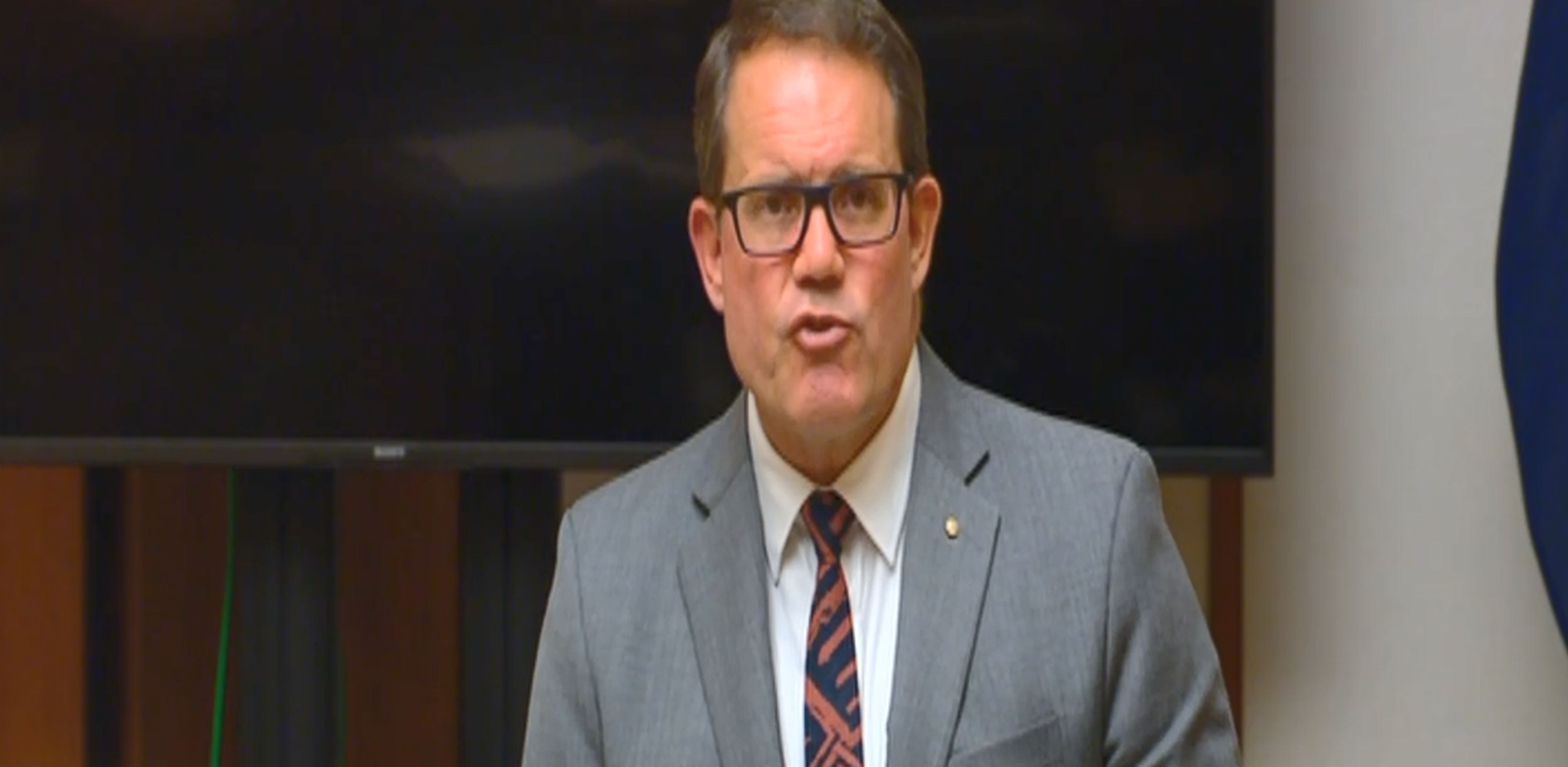PMB – National Reconstruction Fund
Federation Chamber – 6-6:15psm Mon 27 March 2023
5mins
Deputy Speaker,
The COVID-19 pandemic showed us how vulnerable Australia’s supply chains were.
It taught us that revitalising Australian manufacturing will diversify our economy and create sustainable and secure jobs.
The Albanese Government was elected on a mandate to drive the transformation of Australian industry and revive our ability to make world-class products in Australia.
Manufacturing matters because it creates full time meaningful work and secure jobs.
We saw through the pandemic how supply chains were under huge pressure – products we expected were hard to obtain.
We need to revitalise manufacturing after years of neglect under the Coalition government.
Those opposite – who had eight (no, sorry nine!) Industry Ministers in nine years, have left Australia’s manufacturing industry in tatters.
An astounding 40,000 car manufacturing workers lost their jobs when Holden and other companies left Australia.
This Government believes in the future of the Australian manufacturing industry.
That’s why we are delivering the $15 billion National Reconstruction Fund.
It is a key platform to support, diversify and transform Australia's industry and to create sustainable, well-paying jobs.
The NRF will provide finance (including loans, guarantees and equity) to drive investments in seven priority areas of the Australian economy.
These will leverage Australia’s natural and competitive strengths and support the development of strategically important industries and shore up supply chains.
The seven priority areas are:
- Resources
- Agriculture, forestry, and fisheries sectors
- Transport
- Medical science
- Renewables and low-emission technologies
- Defence capability
- Enabling capabilities
The Albanese Government has previously announced target investment levels for specific priority areas:
- Up to $3 billion for renewables and low emissions technologies
- $1.5 billion for medical manufacturing
- $1 billion for value-adding in resources
- $1 billion for critical technologies
- $1 billion for advanced manufacturing
- $500 million for value-adding in agriculture, forestry, fisheries, food, and fibre.
Deputy Speaker, I look forward to this Fund getting to work.
Australia is rich with valuable, critical resources.
If we mine it here, we should make it here.
Australia’s know how, our scientists, and our innovators are among the best in the world.
WiFi was invented here.
The bionic ear was invented here.
Photovoltaic technology – solar cells – was invented here.
But today, 87 per cent of the world’s cells are made in one country.
And in the next three years that number will be 94 per cent.
But we’re so well placed to make the most of our technology and our skills.
If we invent it here, we should make it here.
We’ve seen what happens when Australia fails to back itself.
Fails to back our people.
They go overseas, and they take their experience, know-how, and passion with them.
We want Australians living overseas to come home.
Many of them left Australia seeking support and funding for their ideas, which they just couldn’t find at home.
We want to empower the NRF to invest in Australia and Australians.
Australian know how.
Australian ideas.
Australian ingenuity.
Both this Bill and the investment mandate guiding investments will make sure the $15 billion Fund drives Australia’s natural inclination toward innovation.
These will outline investment opportunities in priority areas and actions for Government and industry to build Australia’s industrial capabilities.
The NRF’s investment decisions will be independent.
For too long, while those opposite were in Government, decisions were made in the interests of the Coalition and their mates, not in the interests of Australia.
Our focus is on renewing, revitalising, rebuilding Australia’s manufacturing industry, for Australians.
For small business owners.
For the regions.
For jobs.
Thanks Deputy Speaker.



